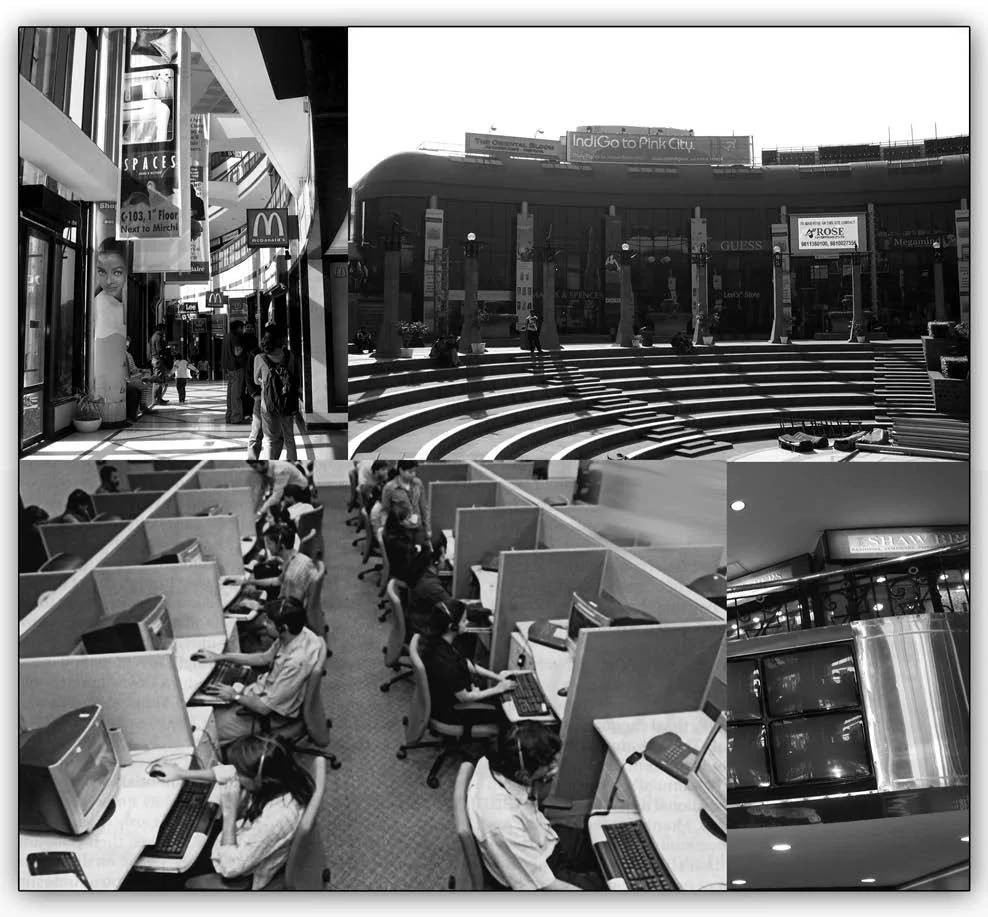![]() 12 Dec 2023
12 Dec 2023
Capitalism stands as one of the dominant economic and social systems shaping contemporary societies. In the field of sociology, exploring capitalism goes beyond economic analysis to delve into its broader societal implications. Capitalism, as a social system, influences power dynamics, social relationships, and the distribution of resources.
Sociologists study capitalism to understand how economic structures impact various aspects of society, including social class, inequality, and individual opportunities. They examine the ways in which capitalism intersects with culture, institutions, and social norms, shaping the lived experiences of individuals and communities
Karl Marx, the founder of modern sociology, was also a vocal critic of capitalism. He viewed capitalism as a system of producing goods for the market using wage labor.
|
Commodified Services in Matrimonial and Education Sectors
|
|---|
Globalization – Interlinking of Local, Regional, National and International Markets: Economic Transformation and Cultural Exchange
|
Do You Know? The Pushkar fair in Rajasthan, traditionally significant for pastoralists and traders, is now internationally marketed as a major tourist attraction. |
|---|

Technological development in different areas
<div class="new-fform">
</div>